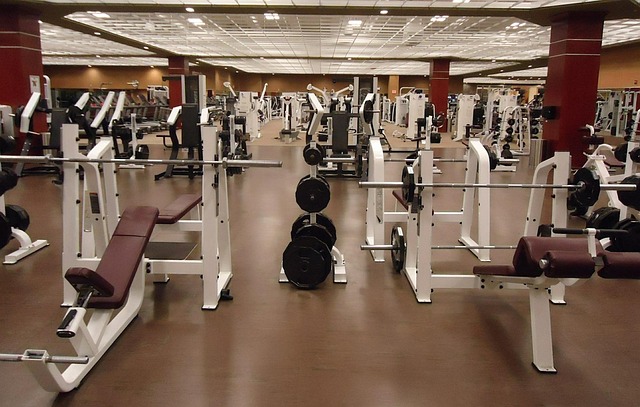In the fitness industry, the collaboration between fitness equipment suppliers and gym equipment factories is crucial for the successful operation of both parties. Fitness equipment suppliers play a significant role in supporting the operations of gym equipment factories by providing a reliable supply of materials, components, and parts. In this article, we will explore the impact of fitness equipment suppliers on gym equipment factory operations, discuss the importance of reliable supply, examine the effects of timely deliveries, inventory management, and efficient logistics, and provide examples of successful collaborations between suppliers and factories in streamlining operations.

One of the primary ways fitness equipment suppliers contribute to gym equipment factory operations is through the reliable supply of materials, components, and parts. Gym equipment factories require a wide range of materials and components to manufacture their products. These can include steel frames, electronic components, upholstery materials, and various other parts that make up the final fitness equipment. Reliable suppliers ensure that these materials and components are readily available, meeting the factory’s production needs and avoiding delays or disruptions in the manufacturing process. This uninterrupted supply is crucial for maintaining efficient factory operations and meeting customer demands.
Timely deliveries are another key aspect impacted by fitness equipment suppliers and have a significant influence on gym equipment factory operations. Suppliers that consistently deliver materials and components on time enable factories to adhere to production schedules and meet customer deadlines. Timely deliveries not only streamline the manufacturing process but also help factories optimize inventory management. By receiving the required materials when they are needed, factories can reduce excess inventory and associated costs, freeing up valuable space and resources. This efficient supply chain management contributes to improved factory operations and overall profitability.
Effective inventory management is a critical factor for gym equipment factories, and it is directly influenced by fitness equipment suppliers. Suppliers who provide a reliable and steady supply of materials and components help factories maintain optimal inventory levels. This ensures that factories have the necessary materials on hand without excessive stockpiling or shortages. Efficient inventory management minimizes the risk of production interruptions, reduces costs associated with carrying excess inventory, and enables factories to respond quickly to customer demands. By collaborating closely with suppliers and implementing effective inventory management strategies, gym equipment factories can streamline their operations and enhance their competitive edge.
Efficient logistics play a vital role in the operations of gym equipment factories, and the impact of fitness equipment suppliers in this area should not be underestimated. Suppliers who have established efficient logistics systems can provide seamless delivery and distribution services. This includes coordinating shipments, managing transportation, and optimizing routes to ensure prompt and reliable deliveries. By partnering with suppliers who prioritize efficient logistics, gym equipment factories can minimize shipping delays, reduce transportation costs, and enhance overall supply chain efficiency. These streamlined logistics have a direct impact on factory operations, allowing for smoother production processes and improved customer satisfaction.
Successful collaborations between fitness equipment suppliers and gym equipment factories demonstrate the positive impact on streamlining operations. For example, a supplier and factory may engage in joint product development efforts, working closely together to create innovative and customized fitness equipment. This collaboration allows the factory to benefit from the supplier’s expertise and market insights while ensuring that the supplier understands the factory’s manufacturing capabilities and requirements. The result is the development of high-quality equipment that meets customer demands and strengthens the reputation of both the supplier and the factory.
Another example of successful collaboration is the implementation of just-in-time (JIT) manufacturing principles. Fitness equipment suppliers can work closely with gym equipment factories to synchronize the delivery of materials and components with the factory’s production schedule. This JIT approach reduces inventory carrying costs, minimizes storage space requirements, and improves overall production efficiency. By aligning their operations and establishing effective communication channels, suppliers and factories can achieve optimal synchronization, leading to streamlined operations and improved profitability.
In conclusion, fitness equipment suppliers play a vital role in supporting the operations of gym equipment factories. The reliable supply of materials, components, and parts, timely deliveries, efficient inventory management, and streamlined logistics are all crucial factors that impact factory operations. Collaborations between suppliers and factories, such as joint product development efforts and the implementation of JIT manufacturing principles, further contribute to the streamlining of operations. By fostering strong partnerships and prioritizing efficient supply chain management, fitness equipment suppliers and gym equipment factories can work together to optimize their operations, meet customer demands, and thrive in the competitive fitness industry.







